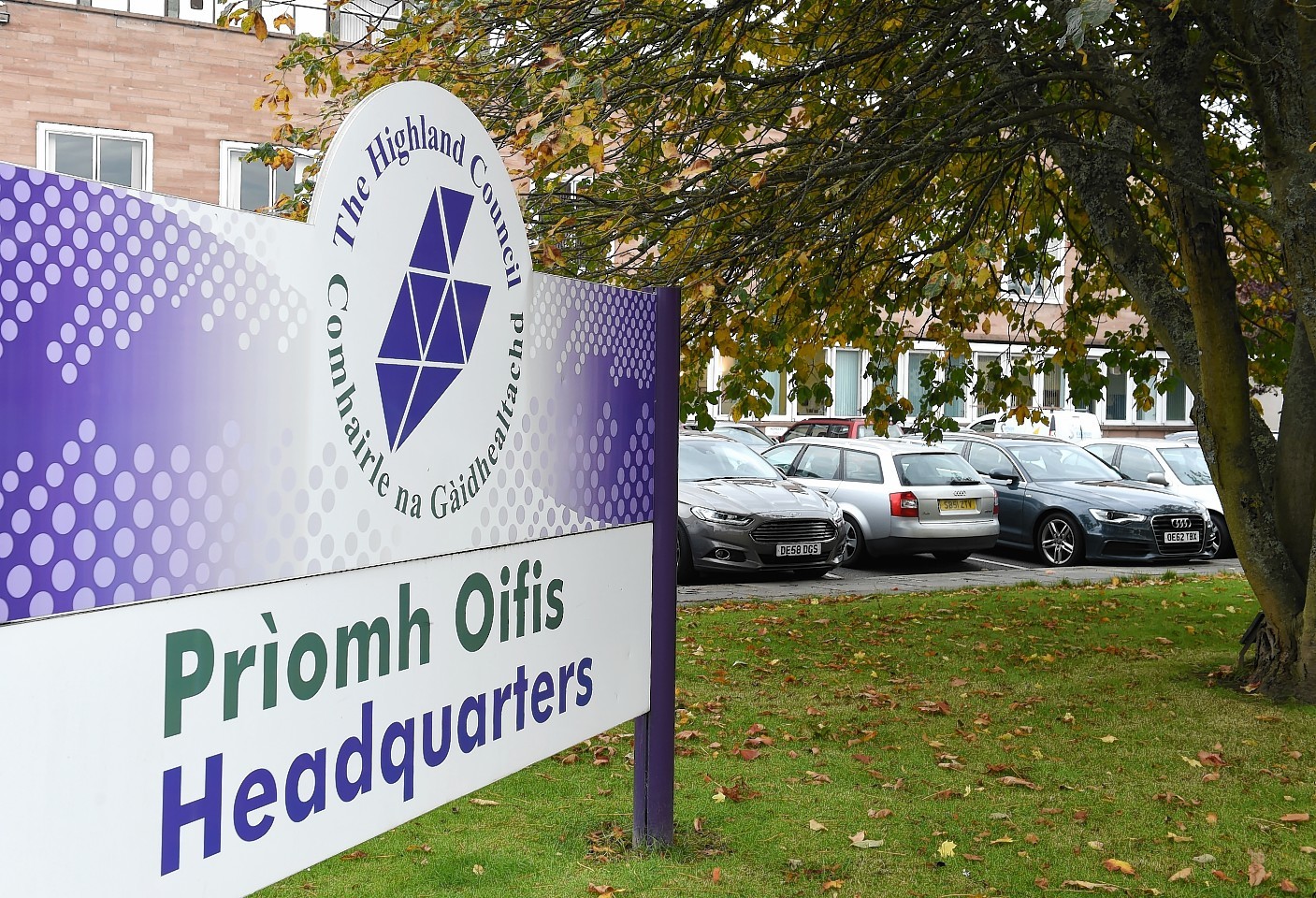A huge question-mark hangs over the controversial so-called “named person” policy introduced by the Scottish Government and pioneered by Highland Council over the past five years.
There are now serious doubts about the future of the scheme which appoints a guardian for every child, in the wake of a Supreme Court decision in London that opponents have hailed as a victory for human rights.
Five Supreme Court justices have allowed an appeal brought by opponents of the scheme following a hearing in March.
The UK’s highest court has ruled that information sharing provisions proposed under the 2014 Act may result in disproportionate interference with Article 8 rights under the European Convention on Human Rights – the right to a family and private life.
As presently drafted, they risk breaching important regulations protecting privacy and confidentiality.
Highland Council is currently considering its formal response to the court verdict and expects to issue a statement later.
But north councillors bitterly opposed to the scheme have celebrated the court ruling.
Several members of the local authority have condemned the policy in recent weeks.
Welcoming the court decision, Inverness Labour member Bet McAllister said: “I’m really pleased. Ministers are now having to have a sensible sit down and spell out to people what they are wanting to do.
“The timing is interesting, bearing in mind we’re going to be out of the EU.The Scottish Government are probably annoyed that this has happened now.
“If it happens in a year’s time they could probably have run with it and there might have been no opposition.
They’ve been brought down a peg or two. They cannot force this on people.”
The named person scheme was approved by Holyrood as part of the Children and Young People (Scotland) Act 2014. An appeal against it was mounted by four charities and three individuals.
Under the measure, a single point of contact such as a teacher or health visitor is assigned to look out for the welfare of youngsters under the age of 18.
The appointed guardian must exercise statutory functions including providing advice, information or support where appropriate to promote, support or safeguard the wellbeing of the child or young person.
Scottish ministers say it is a safety net to help families and children if they need it while opponents argue the move breaches the human rights of parents.
The court has given the Scottish Parliament and Scottish ministers “an opportunity to address the matters raised in the judgment.”
The justices ruled that “in the meantime”, as the “defective provisions” under the 2014 Act “are not within the the legislative competence of the Scottish Parliament, they cannot be brought into force”.
Campaigners described the ruling as “historic”, saying the implications could be “far-reaching and not just within Scotland”.
